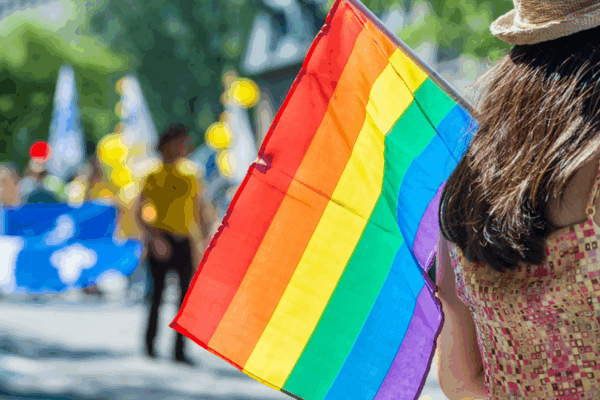Lesbian, gay, bisexual, transgender, queer, and Two Spirit (LGBTQ+ and Two Spirit ) students face discrimination and harassment at school all too often. Unfortunately, many school officials know very little about how the law requires them to protect LGBTQ+ and Two Spirit students. And sometimes they do know that they're breaking the law, but they think that students won't question their actions. That's why it's important for you to learn about your rights and what you can do if your school isn't treating you fairly.
Stay Informed
Sign up to be the first to hear about how to take action.
By completing this form, I agree to receive occasional emails per the terms of the ACLU’s privacy statement.
By completing this form, I agree to receive occasional emails per the terms of the ACLU’s privacy statement.

